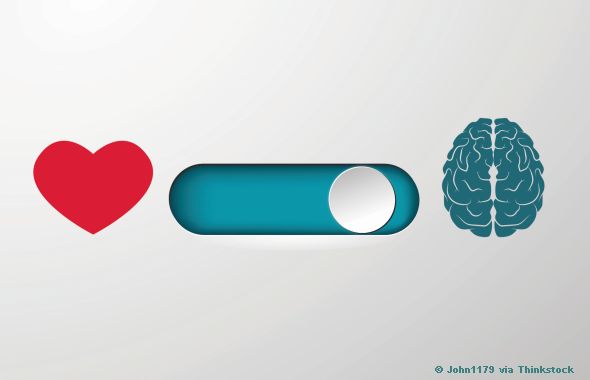Crimes of Passion: New Neuroscience vs. Old Doctrine

Description
The criminal law often sees love and passion turned into violence. How does this happen? And how should law respond? Many doctrines, most notably the “heat of passion” defense – which historically has been used disproportionately to excuse the crimes of men against women – rely on a distinction between defendants who acted “emotionally” instead of “rationally.” But modern neuroscience has debunked the idea that reason and emotion are two entirely different mental states. This panel explored how law should respond to this neuroscientific challenge to long-held doctrine.
Panelists
- Lisa Feldman Barrett, PhD, University Distinguished Professor of Psychology and Director of the Interdisciplinary Affective Science Laboratory at Northeastern University; Research Scientist, Department of Psychiatry, Northeastern University; Research Neuroscientist, Department of Radiology, Massachusetts General Hospital; Lecturer in Psychiatry, Harvard Medical School; Faculty Affiliate, the Center for Law, Brain & Behavior, Massachusetts General Hospital
- Jeannie Suk Gersen, JD, PhD, John H. Watson, Jr. Professor of Law, Harvard Law School
- Judge Nancy Gertner (ret.), Senior Lecturer on Law, Harvard Law School and Managing Director, Center for Law, Brain & Behavior, Massachusetts General Hospital
- Moderator: Judith Edersheim, JD, MD, Co-Founder and Co-Director of the Center for Law, Brain and Behavior, an Assistant Clinical Professor of Psychiatry at Harvard Medical School, and an attending Psychiatrist in the Department of Psychiatry at Massachusetts General Hospital
This event was free and open to the public.
Learn More!
- Lisa Feldman Barrett, “Emotions: Separating Fact from Fiction“
Recording
Part of the Project on Law and Applied Neuroscience, a collaboration between the Center for Law, Brain & Behavior at Massachusetts General Hospital and the Petrie-Flom Center for Health Law Policy, Biotechnology, and Bioethics at Harvard Law School.